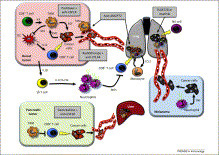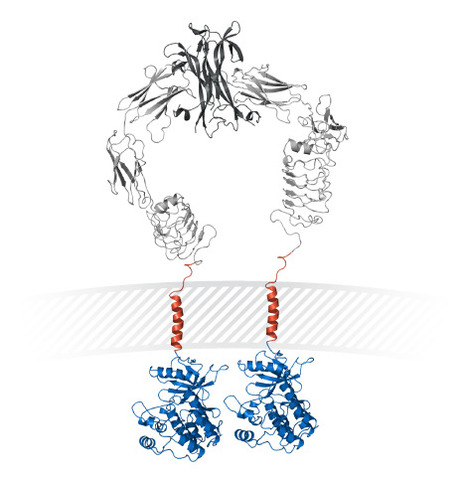Highlights
•Anticancer therapies alter the composition, phenotype, and function of immune cells.•The immune system is a major regulator of the success of anticancer therapy.•Immunotherapy and immunomodulatory agents often synergize with conventional therapies.•Resistance mechanisms following immunotherapy and immunodulatory agents are not fully defined.•Targeting both cancer cells and immune cells may be the key to fight metastasis.
Conventional anticancer therapies, such as chemotherapy, radiotherapy, and targeted therapy, are designed to kill cancer cells. However, the efficacy of anticancer therapies is not only determined by their direct effects on cancer cells but also by off-target effects within the host immune system. Cytotoxic treatment regimens elicit several changes in immune-related parameters including the composition, phenotype, and function of immune cells. Here we discuss the impact of innate and adaptive immune cells on the success of anticancer therapy. In this context we examine the opportunities to exploit host immune responses to boost tumor clearing, and highlight the challenges facing the treatment of advanced metastatic disease.
Via Krishan Maggon



 Your new post is loading...
Your new post is loading...










Trends in Immunology
Volume 36, Issue 4, p198–216, April 2015Feature Review Immune-mediated mechanisms influencing the efficacy of anticancer therapiesSeth B. Coffelt, Karin E. de VisserDivision of Immunology, Netherlands Cancer Institute, Plesmanlaan 121, 1066 CX, Amsterdam, The Netherlands DOI: http://dx.doi.org/10.1016/j.it.2015.02.006